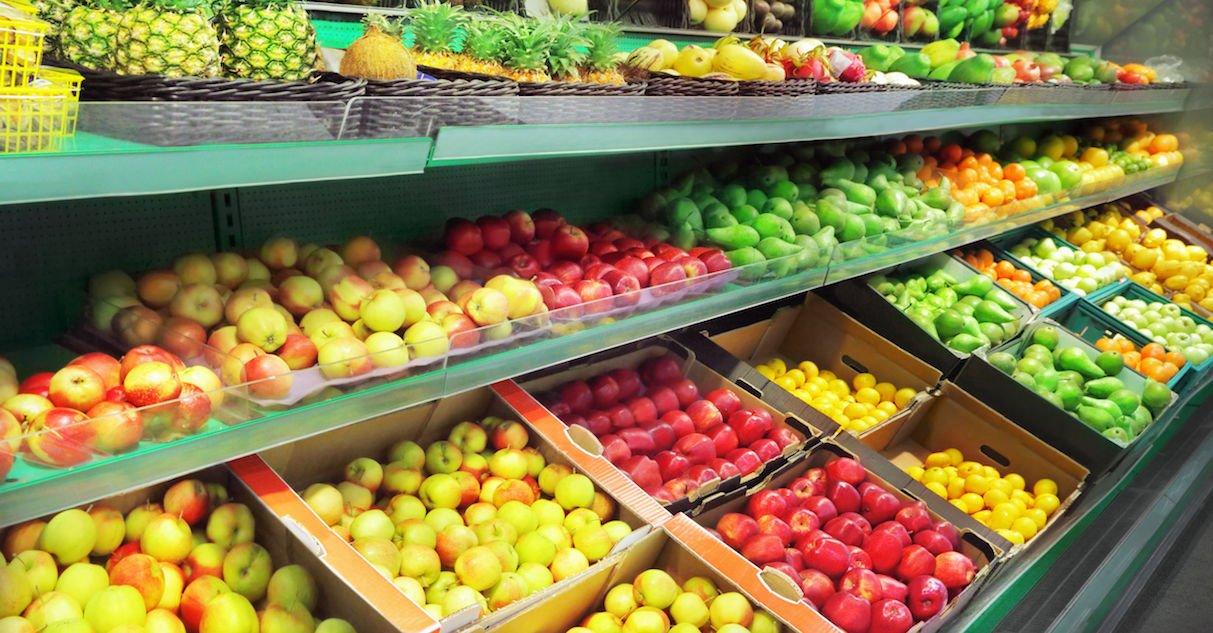Africa-Press – Tanzania. Tanzania Horticultural Association (TAHA) in association with the Brusselsbased International Development Organization (TRIAS) intends to empower country’s schools to become future exporters of fruits.
The two organisations said they would start with introducing fruit tree planting in local Primary and Secondary Schools, an initiative which targets to offset global warming and combat effects of climate change through massive fruit tree planting exercise.
And while at it, TAHA and TRIAS would also work on preparing the learners in schools to become major fruit growers and thus export the produce.
The TAHA Manager in-Charge of Development, Anthony Chamanga pointed out that, horticulture can be a profitable extracurricular activity in learning institutions.
“There are many benefits derived from trees, including shade, fresh air and nutrition, but we are going beyond that…we want to transform trees into profitable investments,” he pointed out.
Mr Chamanga made the revelation, while speaking in Arumeru District where TAHA conducted tree planting exercises at Chem-Chem and Kimandafu Primary Schools, promising further that his organization will secure market outlets for the fruits grown in schools.
The training also featured sessions by the Head of TAHA Production Department, Hilliard Mollel and Nutritionist Rosalia Aloyce teaching them on proper ways of handling tree seedlings, study on soil types and how to water the seedlings as well as fruits management.
On her part the TRIAS Projects Manager, Lilian Makoi noted that they have been planting an average of 38,000 tree seedling per annum and the number is expected to increase this year.
“Today we have distributed and planted 270 seedlings in the two schools…with this pace soon, we shall replenish the country’s green cover and combat global warming and related climate change effects,” she added.
The manager further said, apart from nutrition and commercial potentials, fruit trees are best absorbers of carbon gases from the atmosphere.
TAHA, on the other hand, has also been introducing school gardening programs-a new project that has facilitated creation of school gardens in some six Secondary and Primary Schools in Arusha, Kilimanjaro, Mara, and Simiyu regions, where pupils and students are taught best farming skills to enhance yields and provide them with improved nutritious meals.
The project is executed with support from the United Nations Development Programme (UNDP) and has so far enabled the students to receive good agricultural practices (GAPs) training, especially on how to grow leafy vegetables with high nutritious values, as well as steaming process that retains nourishment, healthy for their diets.
Experts see great potential in the country’s horticulture industry adding that it is in a position of generating up to US$ 3 billion per annum.
Official reports from TAHA indicate that among major achievements gained from the horticulture industry were an increase in yields of fruits and vegetables by up to 300 percent and increased export earnings from US$ 64 million in 2004 to over US$ 780 million, currently.
Tanzania is currently exporting horticulture produce valued at more than US$ 780 million, however the industry’s current potential is estimated to be more than US$3 billion, a figure which is soon going to be realized with the opening up of new markets abroad.
For instance, there is a high demand of avocado in the international market, whose consumption per capita in the United States alone is said to have increased by 400 percent between 1990s and 2017.
In that respect, therefore, the TAHA has opted to start cultivating fruit trees from grassroots level by introducing seedling in local schools.
“We envision seeing constant horticulture production in Tanzania for domestic and global markets.
This calls for tireless efforts to ensure strong collaboration with a range of stakeholders on identifying buyers, market standards, and quality requirements, entry approaches as well as market trends,” the TAHA Chief Executive, Dr Jacqueline Mkindi had previously stated.







